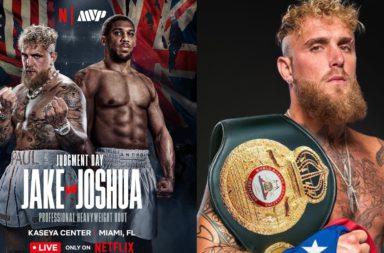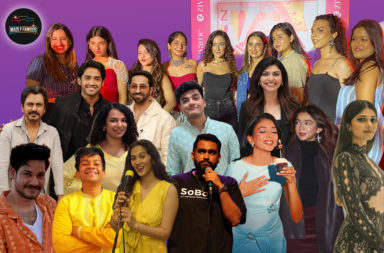The amount of content we consume today has increased manifolds in recent times. On many days, we see influencers and digital stars more than we encounter our friends and family. This naturally expands the ‘influence’ on us. This burgeoning influencer industry has attracted the interest of many off lately and the recently released Netflix film, Kho Gaye Hum Kahan takes a bold dive into the world of social media influencers, shedding light on the authenticity debate that has long surrounded this industry.

Portrayal of the Influencer’s Dilemma
The movie delves into the life of a social media influencer named ‘Lala’. Through its narrative, it boldly dismantles the facade that many influencers craft. “Your job is to watch me and wish your life was like mine” the narration admits. However, it peels back the layers, revealing a startling truth, much of what’s presented is a facade. From the clothes they wear to the hotels they stay in, all of these are a barter deal in exchange for promotion.
Impact on Audience Perception
For the generations engrossed in the world of social media, the film strikes a chord and has been winning accolades for reflecting the way they consume content. It’s like a wake-up call, highlighting the stark contrast between the ‘reel’ and ‘real’ lives portrayed by influencers. This portrayal challenges audiences to discern the authenticity of what they consume, bridging the gap between aspiration and reality.
Also Read: From The Creator-Verse: New Beginnings
Evolution of Influencer Marketing
The emergence of influencer marketing stemmed from the relatability of individuals compared to traditional celebrities. However, the film questions this authenticity. Industry leaders acknowledge the changing landscape and the need for transparency. The mandatory sponsored tag has provided consumers with much-needed transparency, but it has also led to increased scrutiny.

The Quest for Authenticity
There has been an emphasis on the need for genuine content amidst a milieu of staged posts and sponsored content. The movie’s impact has pushed audiences to seek more authenticity. There is a line between real and reel content and the responsibility also lies with the audience to popularise creators who put in the work to bring out honest stories and real content.
Implications for Brands
The movie’s narrative challenges the perceived authenticity of influencers, potentially influencing both brands and audiences. Brands collaborate with influencers for their perceived authenticity and relatability. However, if doubts arise regarding an influencer’s genuineness, brands and consumers might become more cautious in their associations.
Nuanced Influence of the Film
Yet, the movie’s influence might be nuanced. While it provokes thought about influencer authenticity, its impact on the entire industry might not be straightforward. Various factors—ongoing trends, overall sentiment toward influencers, and evolving consumer behaviours—will also shape the trajectory of influencer marketing.
In conclusion, Kho Gaye Hum Kahan has reignited the authenticity debate surrounding influencers, urging both creators and consumers to reevaluate the content they create and consume. As the industry navigates these complexities, the quest for authenticity becomes a pivotal point for creators and brands alike.


